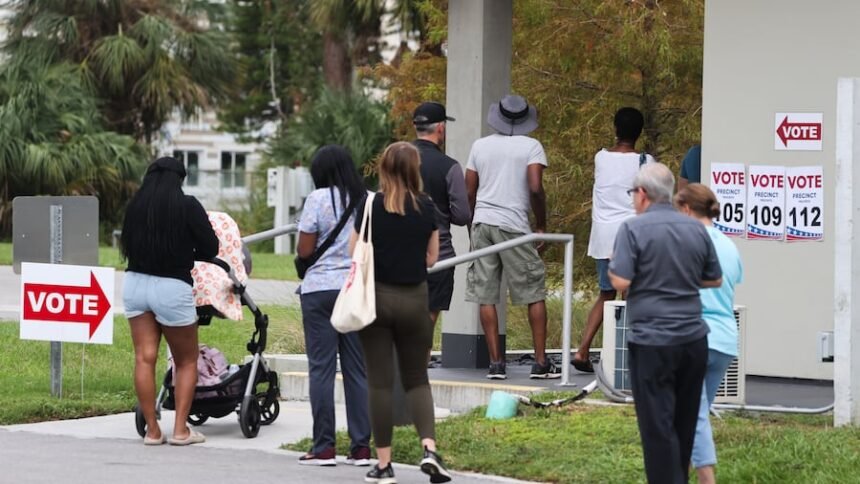As the landscape of American education continues to evolve, a growing movement in Florida advocates for a nonpartisan approach to teaching and learning. Parents, educators, and community leaders are raising their voices to ensure that public education remains a place where students can learn without the influence of party politics.
The Challenge of Political Influence
Over the past few years, political discussions have increasingly infiltrated public schools, from curriculum choices to classroom discussions. In Florida, these issues have sparked debates over how much political content should be present in educational settings. Many educators believe that introducing partisan politics into the classroom can compromise the integrity of education and create an environment that is divisive rather than inclusive.
Community Voices for Change
Floridians are stepping up to advocate for a politically neutral educational framework. Community forums and public meetings have become platforms where concerned citizens express their commitment to keeping partisan politics out of the classroom. Parents emphasize that education should focus on critical thinking and factual knowledge rather than fostering a particular political ideology.
One such initiative is spearheaded by local advocacy groups that aim to engage community members in discussions about the importance of a well-rounded education. Their efforts include organizing workshops, developing resource materials for teachers, and lobbying for policies that prioritize educational objectives over political agendas.
Legislative Actions
In response to these community concerns, Florida lawmakers are starting to take notice. Some bills have been introduced that seek to maintain neutrality in the classroom and prioritize the academic needs of students. For instance, proposals may include guidelines on what can be taught in schools regarding political issues or restrictions on political campaigning within school settings.
However, the challenge remains to navigate these legislative measures carefully to ensure they support educational objectives without stifling free speech or critical discourse. It’s crucial that any such laws are crafted with input from educators to avoid unintended consequences that could limit classroom discussions.
The Role of Educators
Educators play a crucial role in this movement. Many teachers are dedicated to fostering an inclusive learning environment that encourages students to explore a variety of viewpoints while maintaining neutrality in their presentation. Professional development opportunities focused on managing classroom discourse regarding political issues can be beneficial for teachers aiming to strike the right balance.
Looking Ahead
As the movement to keep party politics out of public education gains momentum, it’s important for Floridians to continue the conversation about what education should look like in the 21st century. The ultimate goal is to create a learning environment where every student feels welcome, valued, and free to express their ideas—without the overshadowing influence of political polarization.
Get Involved
If you share the vision of a nonpartisan education system, consider getting involved in local advocacy efforts. Attend school board meetings, join community organizations, or participate in discussions surrounding education policy. Together, we can help shape an educational landscape that prioritizes students and their learning above all else.
Feel free to use or modify this blog post as you see fit! If you’d like to explore additional topics or make changes, let me know!


Leave a Reply